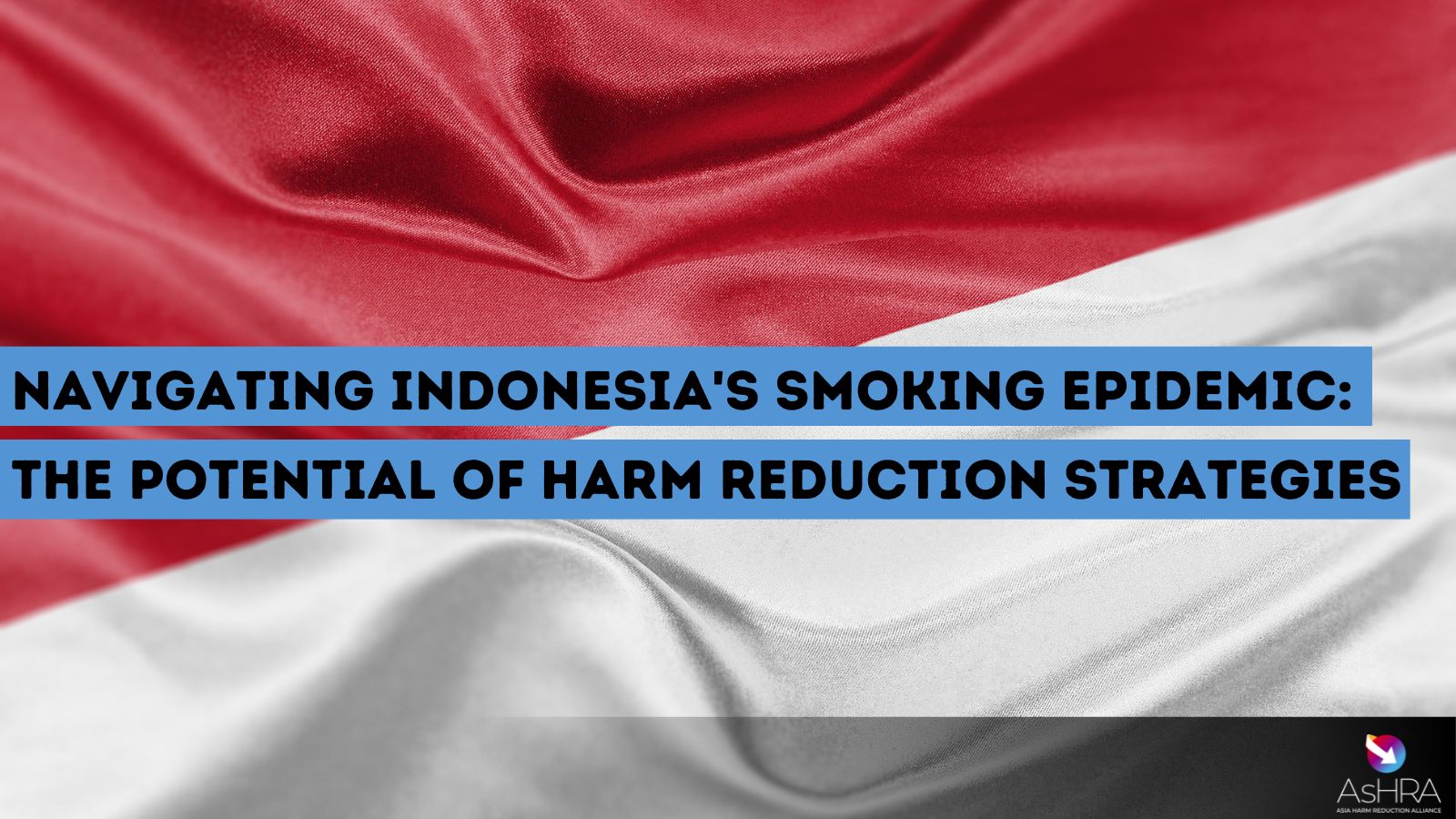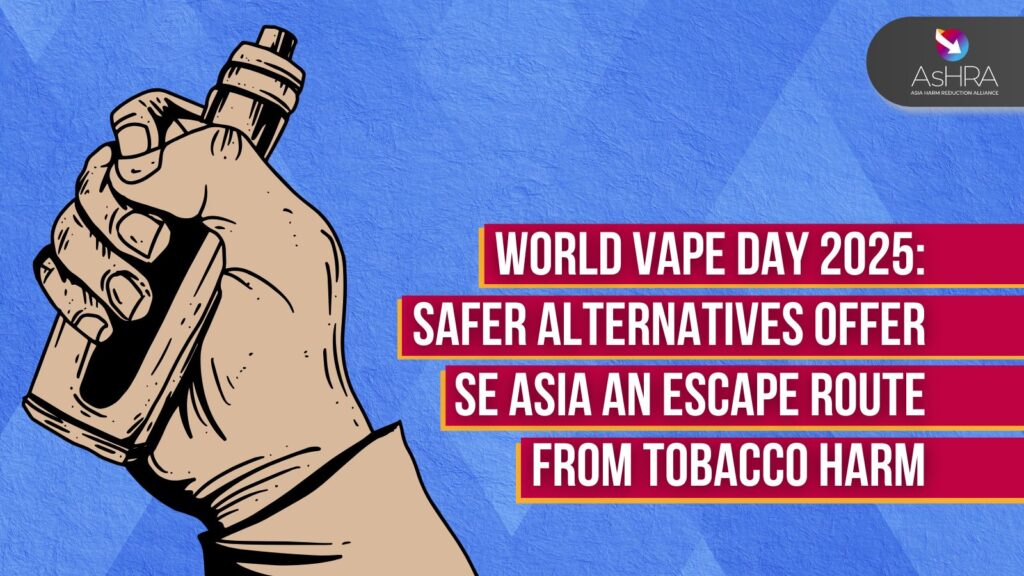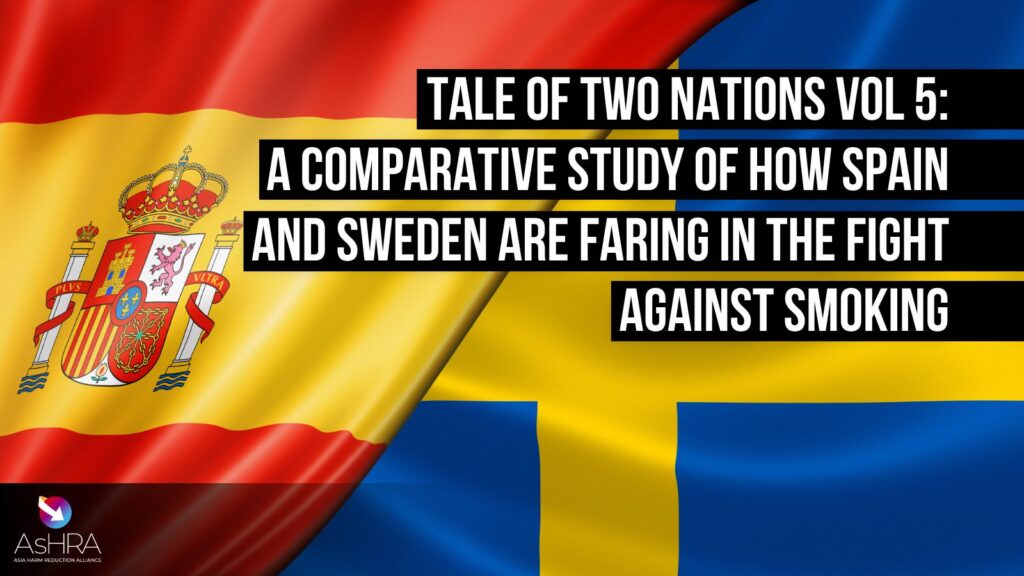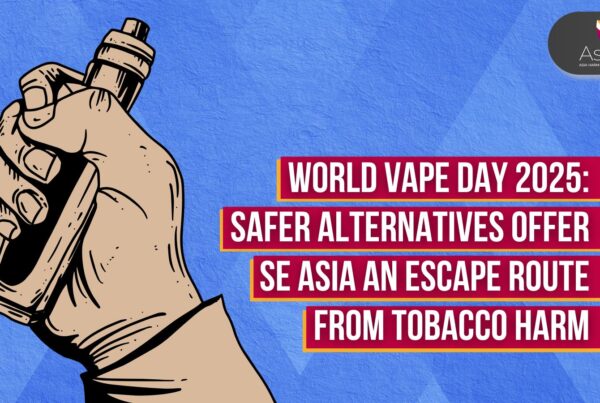In Indonesia, smoking remains deeply ingrained in the cultural fabric, posing significant challenges to public health initiatives aimed at curbing tobacco consumption. Despite efforts to implement tobacco control measures, Indonesia ranks among the highest globally in terms of smoking prevalence, with 64.5% of adult men being smokers – which roughly translates to two in every three men. Moreover, the habit of smoking starts young, with overall tobacco use being prevalent among 35.6% of boys between 13 and 15 years of age. Minimal regulations, aggressive marketing tactics by tobacco companies, and limited access to smoking cessation resources further fuel this pervasive smoking culture.
Author: Dr. Hazel Ebenezer
The consequences of widespread smoking in Indonesia are dire, with tobacco-related illnesses claiming hundreds of thousands of lives annually. Data from the IHME clearly shows how both deaths and DALYs associated with smoking have been steadily on the rise for decades – with no indication of slowing down anytime soon. From respiratory diseases to various cancers, the health burden associated with smoking is immense, affecting not only smokers themselves but also non-smokers through exposure to secondhand smoke.

Amidst these challenges, there is growing recognition of the need for harm reduction strategies to mitigate the adverse effects of smoking in Indonesia. Harm reduction approaches aim to minimize the health risks associated with tobacco through alternative, risk-reduced products.
One promising avenue for harm reduction is the promotion of alternative nicotine delivery systems, such as e-cigarettes and heated tobacco products. However, the adoption of harm reduction approaches in Indonesia faces numerous challenges, including misconceptions about alternative nicotine products. As of 2023, 5.8% of men in Indonesia use e-cigarettes.
Policymakers must prioritize evidence-based strategies, strengthen tobacco control regulations, and invest in public education campaigns to realize the full potential of harm reduction in combating smoking and dispel myths surrounding alternative nicotine products in Indonesia. By embracing harm reduction strategies and supporting the responsible use of alternative nicotine products, Indonesia can take significant strides towards a smoke-free future.
Related Posts
 Time to support Filipino vape law, not relitigate it
Time to support Filipino vape law, not relitigate it
Time to support Filipino vape law, not relitigate it
 Greens’ Plan To Legalise Nicotine Vapes Lauded
Greens’ Plan To Legalise Nicotine Vapes Lauded
Greens’ Plan To Legalise Nicotine Vapes Lauded
 Taiwan Vaping Ban Disappointing For Its Many Smokers
Taiwan Vaping Ban Disappointing For Its Many Smokers
Taiwan Vaping Ban Disappointing For Its Many Smokers
More about
Alcohol Harm Reduction
More about





